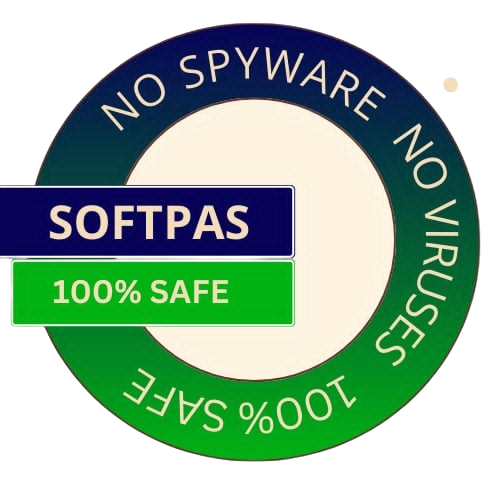
Get the best deals on your favorite games
UCommon is a super lightweight C library designed to help you use C design patterns, even in really embedded systems. Think of it as a handy tool for working with systems that run on uclibc and support POSIX threading.
This library skips certain features that can slow things down or take up extra memory. For example, it doesn’t use RTTI or exception handling. Instead, it's all about keeping things lean by linking mostly with other pure C libraries rather than relying on the standard C library.
One of the neat things about UCommon is that it brings in some Objective-C design patterns. You’ll find tools like reference counted objects, memory pools, and smart pointers. It also allows for dynamic typing using simple inline templates which help avoid template issues.
The library uses clever auto-variable automation. This means if you have referenced objects, they get deleted automatically when they're no longer needed. Plus, any threading locks are released without needing extra code when methods finish running.
UCommon provides basic socket support so you can connect to named destinations and multicast addresses easily. It also handles binding to IPV4 and IPV6 addresses directly!
If your platform supports it, UCommon can use high-resolution timing and POSIX real-time clocks too!
This library is influenced by GNU Common C but adds its own spin on thread locking and synchronization. Even if your platform doesn’t support certain features like rwlocks or semaphores, UCommon has got you covered!
You will need some knowledge of compiler settings to turn off specific features and include the right headers for UCommon to work its best.
The current version works well with GCC, commonly found on GNU/Linux, OS/X, BSD systems, and more! Plus, there’s an example for adapting UCommon for additional compilers.
If you're targeting Microsoft Windows using mingw32, UCommon can be built with GCC cross-compiling through the Redhat w32 pthread library.
You’ll need a modern POSIX pthread threading library at a minimum. Keep in mind that it doesn't support non-POSIX threading models like Microsoft Windows threads or non-preemptive libraries such as GNU pth because we want to focus our efforts exclusively on POSIX pthreads.
Go to the Softpas website, press the 'Downloads' button, and pick the app you want to download and install—easy and fast!

SoftPas is your platform for the latest software and technology news, reviews, and guides. Stay up to date with cutting-edge trends in tech and software development.
Subscribe to newsletter
© Copyright 2024, SoftPas, All Rights Reserved.